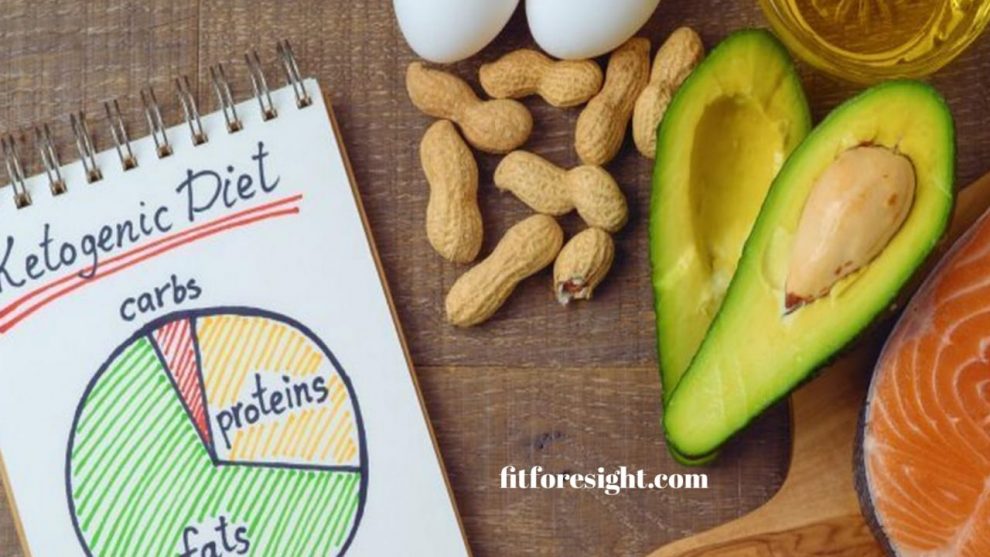A Comprehensive Guide to Ketogenic Eating
In a world where diet trends come and go, the ketogenic diet, or keto diet for short, has stood the test of time and gained a dedicated following for its remarkable effects on weight loss and overall health. If you’re considering embarking on a keto journey or simply want to learn more about this fascinating dietary approach, you’ve come to the right place. This article will provide you with a comprehensive overview of the keto diet, from its basic principles to practical tips for success.
What is the Keto Diet?
At its core, the keto diet is a high-fat, low-carbohydrate eating plan designed to push your body into a state of ketosis. Ketosis occurs when your body shifts from using glucose as its primary source of energy to burning fat for fuel. To achieve this metabolic state, the keto diet typically consists of:
- High Fat: Approximately 70-80% of your daily calorie intake should come from healthy fats, such as avocados, olive oil, and nuts.
- Low Carbohydrates: Restrict your carbohydrate intake to about 5-10% of your daily calories. This means minimizing or eliminating foods like bread, pasta, and sugar.
- Moderate Protein: Protein should make up around 15-20% of your daily calories, coming from sources like lean meats, fish, and dairy products.
The Benefits of Keto
The keto diet offers a range of potential benefits, including:
- Weight Loss: By promoting fat burning, keto can help you shed excess pounds.
- Stable Blood Sugar: Keto can help regulate blood sugar levels, making it beneficial for those with type 2 diabetes or insulin resistance.
- Improved Mental Clarity: Some people report enhanced mental focus and reduced brain fog on the keto diet.
- Increased Energy: When your body efficiently burns fat for fuel, you may experience higher and more sustained energy levels.
- Better Cholesterol Profile: Keto can lead to improvements in cholesterol levels for some individuals.
- Appetite Control: Many find that keto helps reduce hunger and cravings, making it easier to stick to a calorie deficit.
Getting Started with Keto
Before diving into the keto diet, it’s crucial to plan and educate yourself. Here are some steps to help you get started:
- Consult a Healthcare Professional: It’s advisable to consult with a healthcare provider or registered dietitian before starting any new diet, especially if you have underlying health conditions.
- Meal Planning: Create a meal plan that includes keto-friendly foods like fatty fish, leafy greens, and low-carb vegetables.
- Keto Recipes: Explore a variety of keto recipes to keep your meals interesting and enjoyable.
- Track Your Macros: Use a food tracking app to monitor your macronutrient intake and ensure you’re staying within your desired keto ratios.
- Stay Hydrated: Drinking plenty of water is essential on the keto diet to avoid dehydration and keto flu symptoms.
Is Keto Right for You?
While the keto diet can offer significant benefits, it may not be suitable for everyone. Individuals with certain medical conditions or those who prefer a more balanced diet should explore alternative eating plans. Remember, the key to success on any diet is consistency and individualization.
conclusion
In conclusion, the keto diet has proven to be a powerful tool for weight loss and improved health for many people. By understanding its principles, benefits, and how to get started, you can make an informed decision about whether the keto diet is the right path for you. If you choose to embark on this journey, be sure to consult with a healthcare professional and embrace the ketogenic lifestyle with enthusiasm and dedication.

























Add Comment